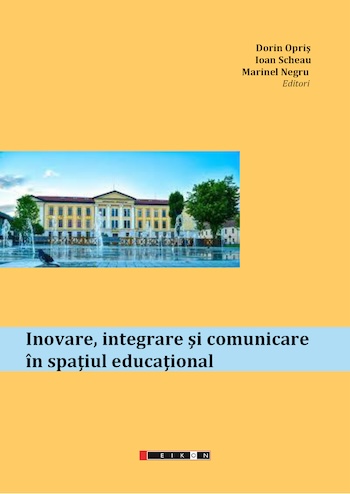EDUCAȚIA RELIGIOASĂ ÎN BULGARIA DUPĂ 1990. PARTICULARITĂȚI ȘI PROVOCĂRI
RELIGIOUS EDUCATION IN BULGARIA AFTER 1990. PARTICULARITIES AND CHALLENGES
Author(s): Andrian Aleksandrov
Subject(s): Christian Theology and Religion, Social Sciences, Education, Theology and Religion, School education, History of Education, Eastern Orthodoxy, Pedagogy
Published by: Editura Eikon
Keywords: religious education; secularization; Bulgarian Orthodox Church; socialist legacy; state and church;
Summary/Abstract: After 1990, Bulgaria entered a new era profoundly shaped by democratic and social changes. Until that point, the communist regime had suppressed religious education for nearly five decades, enforcing a system based on atheism. In this context, the reintegration of religious education encounters numerous challenges, including the pronounced secularization of society, the cultural legacy of atheism, and the absence of public consensus on the necessity of religious education. Although Bulgaria's legal framework supports religious freedom, religious education remains optional and is offered in a limited number of schools. The strained relationship between the Church and the State, coupled with the optional nature of the subject and the administrative difficulties faced by teachers of religion, adversely impacts the implementation of religious education. This article analyzes these issues and underscores the need for additional efforts to strengthen religious education, acknowledge religious identity, and integrate it into an increasingly diverse Bulgarian society.
Book: Inovare, integrare şi comunicare în spaţiul educaţional
- Page Range: 60-70
- Page Count: 11
- Publication Year: 2024
- Language: Romanian
- Content File-PDF

